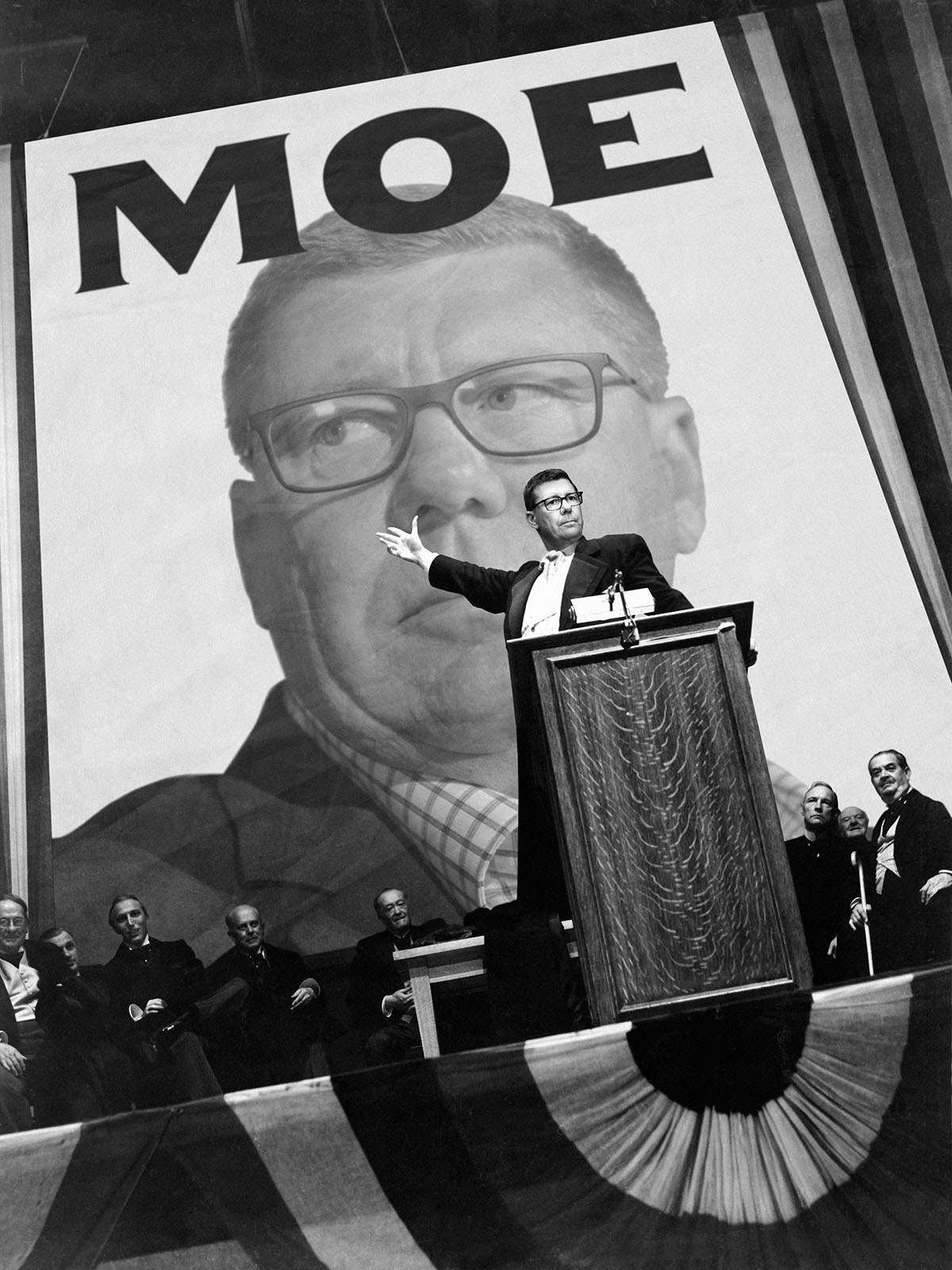- cross-posted to:
- [email protected]
- cross-posted to:
- [email protected]
One evening in January 2018, Scott Moe, a former Saskatchewan environment minister, won the leadership of the Saskatchewan Party and became premier designate of the province. Before a room of buoyant supporters in Saskatoon, and between fist bumps with his family, he casually declared, “We will not impose a carbon tax on the good people of this province . . . and Justin Trudeau, if you are wondering how far I will go—just watch me.” The phrase was a play on former prime minister Pierre Trudeau’s response during the 1970 October Crisis when a CBC reporter asked how far he would go to maintain order and if he would suspend civil liberties in Quebec. (Days later, Trudeau invoked the War Measures Act.)
But even people in that room had raised their eyebrows at Moe’s ascent in the party—including Moe himself, who, in one of his first public appearances post the election, described a text he had received from his brother-in-law: “‘Scott, are you the premier of Saskatchewan? WTF?’” Moe had been the second, even third, choice—the “least disliked” contender, John Gormley, a former member of Parliament and former radio host, once said. People were unsure how Moe, described by friends as ordinary and normal, would fare in his succession of the charismatic former party leader and premier Brad Wall. A successful salesman and communicator, Wall had helped bridge the province’s long-standing rural–urban divide and appealed to a more moderate pool of voters.
For many Canadians, Saskatchewan—a province of over a million people in a space roughly the size of Texas—is something of an afterthought, a land of rolling prairies and infinite blue skies. But for those paying attention, Moe has become the face of a province that may have considerable sway over the nation’s climate policies and the heart of an increasingly Donald Trump-esque ideology. A man of nebulous personality, which shape-shifts as per the moment’s needs, Moe has established himself as one of the most popular premiers in the country. March data from the nonprofit Angus Reid Institute indicated that Moe had a 53 percent approval rating—one of only two provincial leaders in the country to exceed the majority mark that quarter.


